As of 4 p.m., Thursday February 6, 2014, the 30th day of the 2nd session of the 81st Legislature, 1055 bills have been introduced in the House. Of those, 24 of those have passed and have been sent to the Senate for further consideration. Among those:
House Bill 4147 would give the Governor the authority to call a state of preparedness. A state of preparedness is before a disaster or a large scale threat – similar to a state of emergency. This bill would also limit a state of preparedness to 30 days and outlines the qualifications of a state of preparedness.
House Bill 4186 would add restrictions to issuing a concealed weapons license. This proposal would require that a Sheriff certify that the applicant has been through a National Criminal Background Check System and a concealed weapons license wouldn’t violate any federal provision.
House Bill 4236 would create a state-wide system of sexual assault forensic examination service for areas of the state that don’t have close access to a hospital with a sexual assault examination program. This would benefit women who have been sexually assaulted because it would allow them to get an examination done correctly – increasing the probability it could be used in court.
House Bill 4284 would create the Pregnant Workers’ Fairness Act, which would require employers to make reasonable accommodations for pregnant women with medical limitations. This bill makes it unlawful for an employer to discriminate against a women’s limitations due to her pregnancy.
A sampling of bills introduced in the House:
House Bill 4380 would require the Department of Corrections (DoC) and the Department of Health (DoH) to adhere to the Occupational Health and Safety Act. This bill would make all workplaces under the DoC and the DoH provide safe and healthy working conditions.
House Bill 4381 would create a social worker pilot program for pre-kindergarten and elementary schools. One social worker would be assigned to the Title 1 school in a county. If there is more than one Title 1 school in a county, the social worker would be assigned to the school with the lowest test scores. Low test scores are usually associated with lower income areas, so this would ensure social workers are available in areas with more need for their services.
House Bill 4382 would create a Legislative Oversight Commission on Energy Worker’s Safety. This proposal would require the oversight of workers in coal and gas industries to ensure that regulations and safety procedures are being followed and a report to the commission stating whether or not regulations need to updated.
House Bill 4388 would restrict political contributions during specific times of the year. If passed, this proposal would prohibit members of the legislature from accepting political contributions or favors during the regular or extended legislative session, four days before the regular session and seven days after the regular or extended session. There would also be specific restrictions on times between sessions like interim committee meetings and caucus.
House Bill 4433 would require all individuals who receive state or federal aid to undergo a drug test. If they fail the drug test, they are required to undergo treatment and have to pass a second drug test to keep their benefits. An individual who fails the second drug test would have to wait two years and pass a third drug test in order to re-applying for benefits.


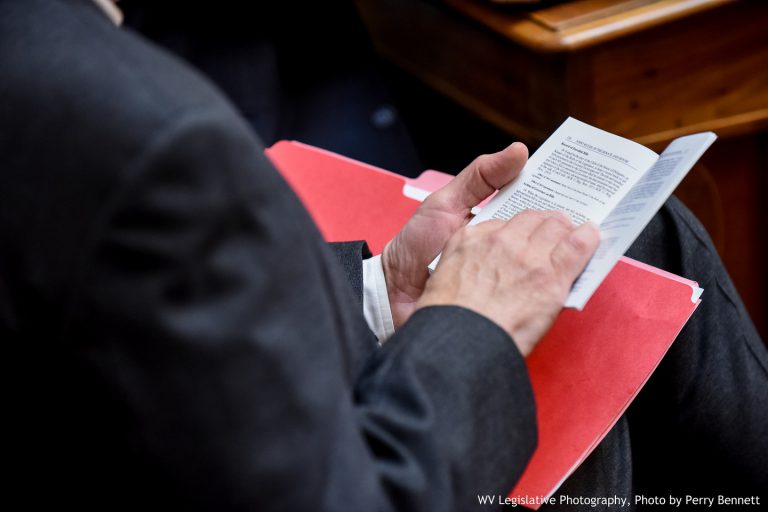
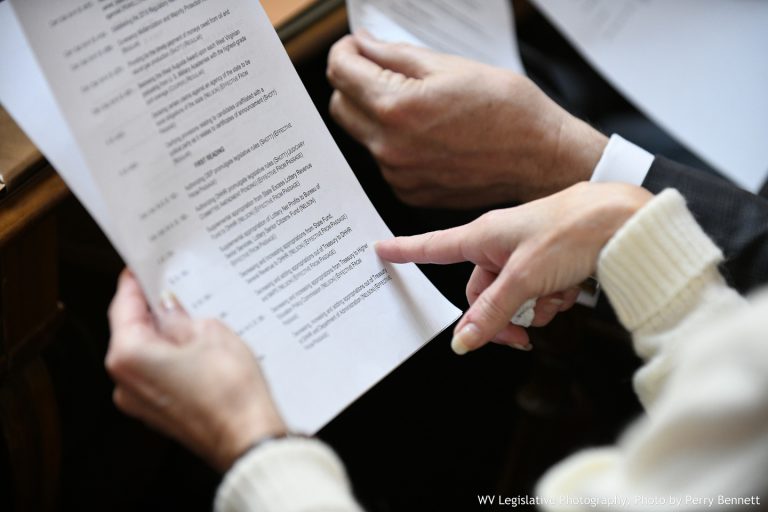
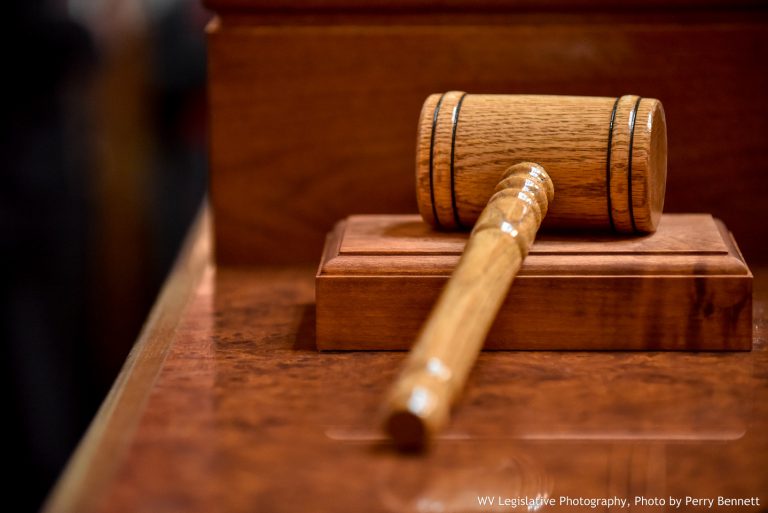

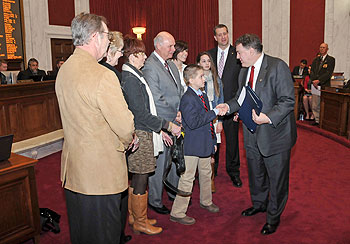
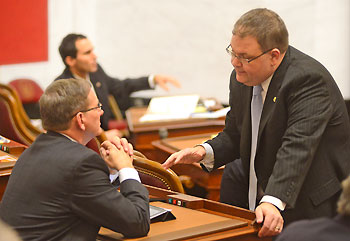
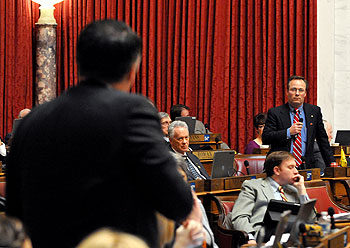
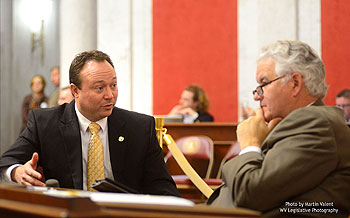
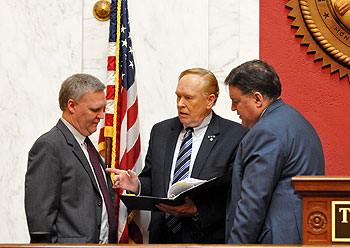
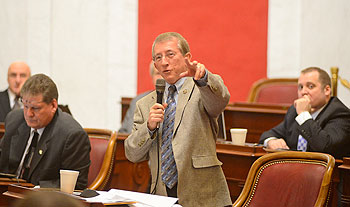
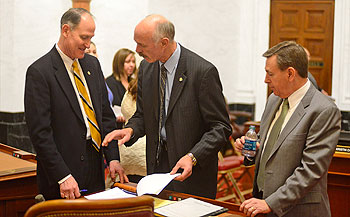 The Senate adopted
The Senate adopted